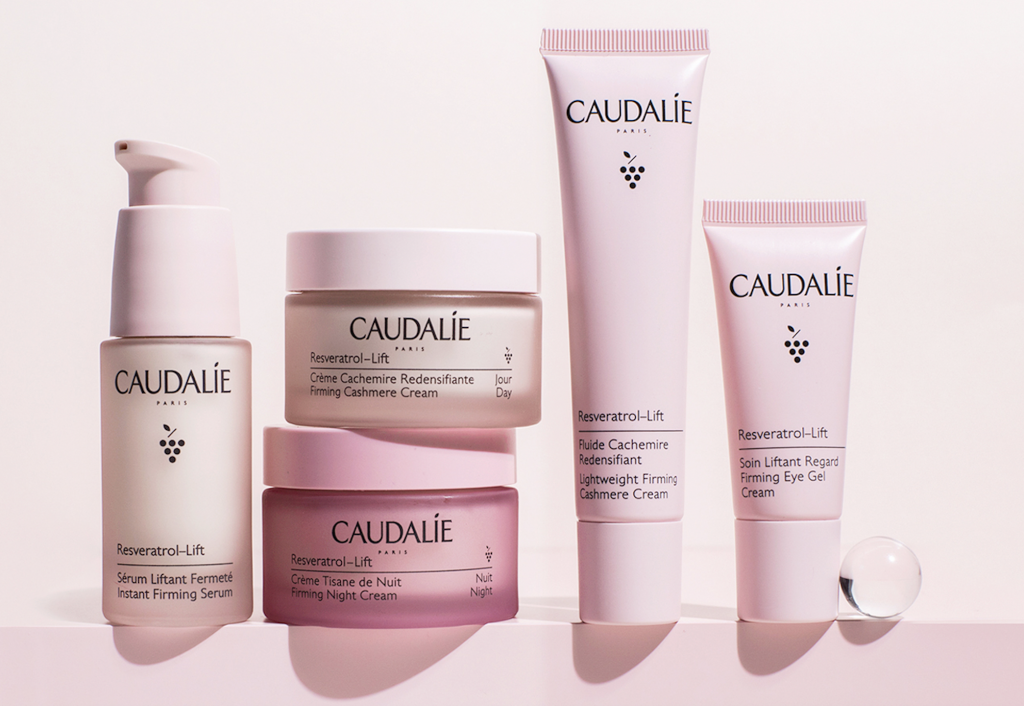The anti-competition crackdown in the European Union is not limited to tech monopolists like Apple, and in fact, has seen a growing number of consumer goods brands – from sportswear titans to skincare companies – come in its crosshairs. On the heels of initiating a competition-centric probe into Caudalie back in 2017, the Competition College of the Belgian Competition Authority (“BCA”) has levied a $1 million-plus fine on the French skincare brand on the basis that its practice of prohibiting authorized distributors from selling its products for less than a specified price, and limiting their abilities to sell its offerings online to consumers in other member states tuns afoul of EU competition law.
Belgium’s Competition College took up the Caudalie case after an initial investigation by the BCA’s Investigation and Prosecution Service, which received a complaint from a Belgian store owner, who reported that Caudalie was imposing a strict pricing policy on his authorized sale of the company’s products. (Caudalie sells its products exclusively through a selective distribution network, and as a result, means only authorized retailers that comply with its specific criteria are allowed to stock and sell its products.)
Following a preliminary probe, the BCA’s investigatory arm determined that there was enough evidence to demonstrate that the 26-year-old grape-seed-centric skincare brand was engaging in anticompetitive practices in violation of Article IV.1 of the Code of Economic Law and Article 101 of the Treaty on the Functioning of the European Union. (Restrictions contained in vertical agreements (i.e., those entered into between a supplier, such as Caudalie, and its distributors) must be assessed under Article 101 of the TFEU, which bars agreements that aim to “restrict, prevent or distort competition within the EU and [that] have an effect on trade between EU member states.”) As such, the investigator presented a proposal for a decision in the matter to the Competition College in November 2020.
In a May 6 decision, the Competition College determined that Caudalie and a number of its subsidiaries are on the hook for breaching EU competition law by imposing minimum price mandates, and restricting active and passive sales within its selective distribution network by placing limits on online sales by its distributors to consumers established in other EU member states.
A manufacturer, such as Caudalie, is permitted to set up a selective distribution system, and thereby, limit the pool of authorized distributors of its products, and beyond that, may restrict “active and passive sales by [those] distributors to unauthorized dealers,” according to CMS Law’s Annabelle Lepièce and Sander De Volder. However, in accordance with EU law, distributors operating at the retail level must always be able to passively offer products – including via e-commerce sites. (This is different, per Lepièce and De Volder, when “exclusive distribution agreements or selective distribution agreements are combined with exclusivity terms, where active sales (i.e., those in which a retailer actively targets potential consumers) can be restricted.”)
As a result, and considering the value of the Caudalie sales at issue and the duration of the illegal practices, the Competition College’s decision requires that Caudalie pay a penalty of €859,310 ($1.04 million), and refrain from such anti-competitive activities going forward.
Lepièce and De Volder assert that the “imposition of such commercial limitations on distributors are considered hardcore restrictions and thus, infringements under EU and Belgian competition law.” At the same time, they note that “case law from the Court of Justice of the European Union – the Coty v. Parfümerie Akzente case, in particular, in which the court held that luxury brands may restrict the sale of their goods on third-party online platforms by way of selective distribution systems in order to preserve the quality of their products – established that “conditions relating to quality standardization may, indeed, be necessary to preserve the luxury image of particular goods and hence, serve a legitimate purpose under competition law.”
Against that background, Caudalie was permitted to submit terms “that it may impose on distributors in order to safeguard the integrity of its distribution network and to protect its brand image, [and] these commitments were made legally binding by the [Competition College’s] decision.”
While it is not yet clear whether Caudalie will contest the Competition College’s decision, it can be appealed to the Market Court and after that, to the Belgium Supreme Court.
The Caudalie case is not the only one of its kind in the retail space. In fact, in 2018, alone, the European Commission imposed fines of over €150 million on consumer goods companies in connection with anti-competitive practices, with a particular focus on companies’ online distribution restrictions. Among the fines doled out in 2018? The €40 million penalty that the European Commission hit GUESS? Inc. and a number of its subsidiaries with after finding that the American brand had wrongly imposed drastic contractual sales restrictions on its distributors, including by prohibiting its authorized retailers from running online advertisements and making cross-border sales to consumers within the European Economic Area. Maverick Advocaten NV’s Martijn van de Hel previously revealed that Guess imposed an array of of restrictions on its distributors, “varying from a ban on sales outside allocated areas, a ban on the use of the brand name and other Guess trademarks for online advertisements, a ban on cross-selling among selective distributors, and (indirect) price maintenance.”
Similarly, van de Hel points to subsequent penalties levied upon Nike and Hello Kitty-maker Sanrio on the basis of anti-competitive activity. In March 2019, following a two-year-long investigation, Nike was fined €12.5 million for blocking its licensees from engaging in cross-border sales. Meanwhile, in July of 2019, Sanrio was fined €6.2 million for comparable breaches.











